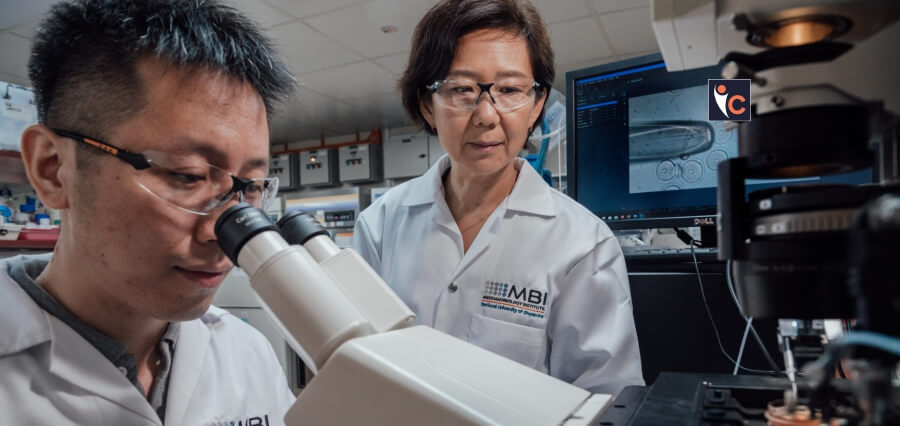An investment of S$49 million is given to the NUS Mechanobiology Institute to create novel biomedical treatments for age-related diseases like cancer, muscle atrophy, and infertility.
The National Research Foundation (NRF) has awarded S$49 million to the Mechanical Biology Institute (MBI) at the National University of Singapore (NUS) to support research aimed at advancing the field of mechanobiology and putting scientific discoveries into practice by creating novel technologies and therapeutic targets for the treatment of age-related illnesses like cancer, chronic inflammatory diseases, infertility, and muscle atrophy. The financing for the research will begin in December 2023 and last for seven years.
In order to enable the study of how physical and mechanical processes in biology could have an impact on organismal growth, physiology, and disease development, mechanobiology employs theories and methodologies from diverse domains. Findings in this area can have a significant influence on our comprehension of many facets of human health as well as the creation of better illness diagnoses and treatments.
For instance, mechanical cues including compression, stiffness, and shear force aid in directing the growth and differentiation of high-proliferation gamete cells during the production of gametes (eggs and sperms). Research on mechanobiology on the growth and aging of these cells may reveal novel therapeutic strategies for infertility.
Technological developments in mechanobiology may also be able to mitigate the age-related loss of biomechanical functions, such as the atrophy of muscles. Muscle cells undergo and produce forces during exercise, which encourages the creation of new muscle. Novel strategies to stop muscle loss in older people may be inspired by our growing understanding of how cells perceive and react to changes in mechanical stresses.
With the help of the NRF, Ministry of Education, and NUS, MBI was founded in 2009 and has come a long way in illuminating the function that mechanical signals play in the evolution of tissues and organisms.
Expanding upon this basis, MBI is currently investigating the intricacies of cellular and tissue aging, along with the possibility of employing biomedical and bioengineering approaches to counteract the aging process on the human body.















